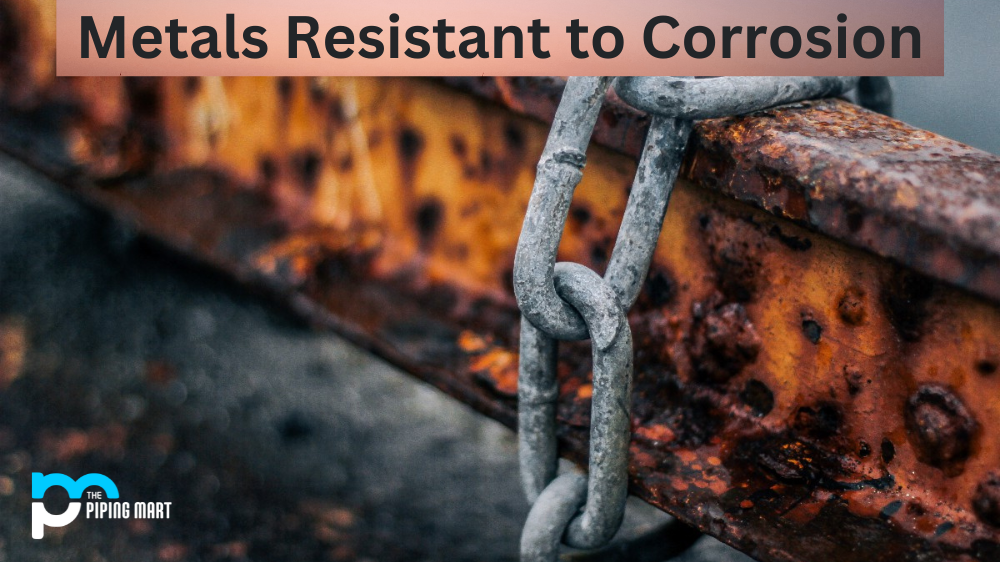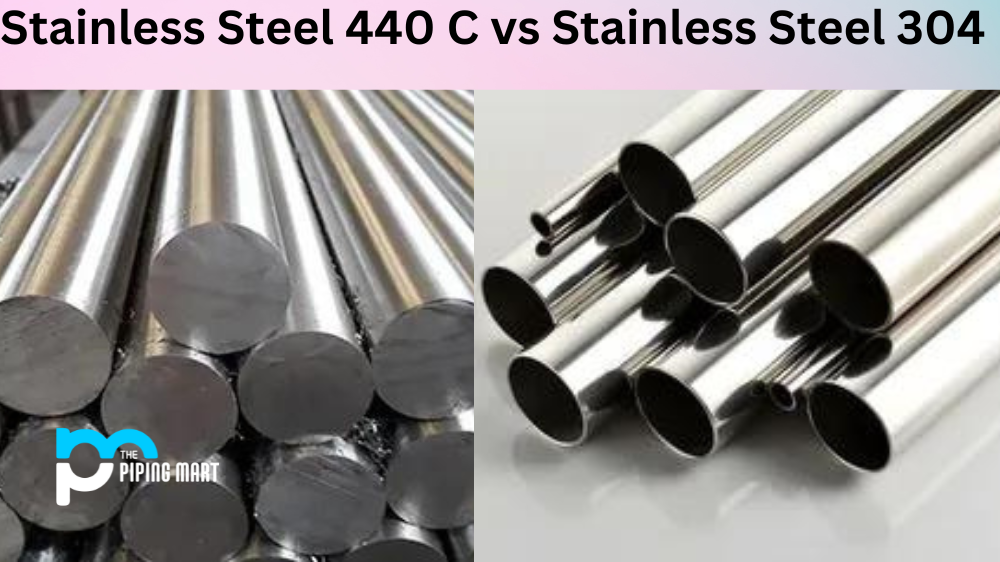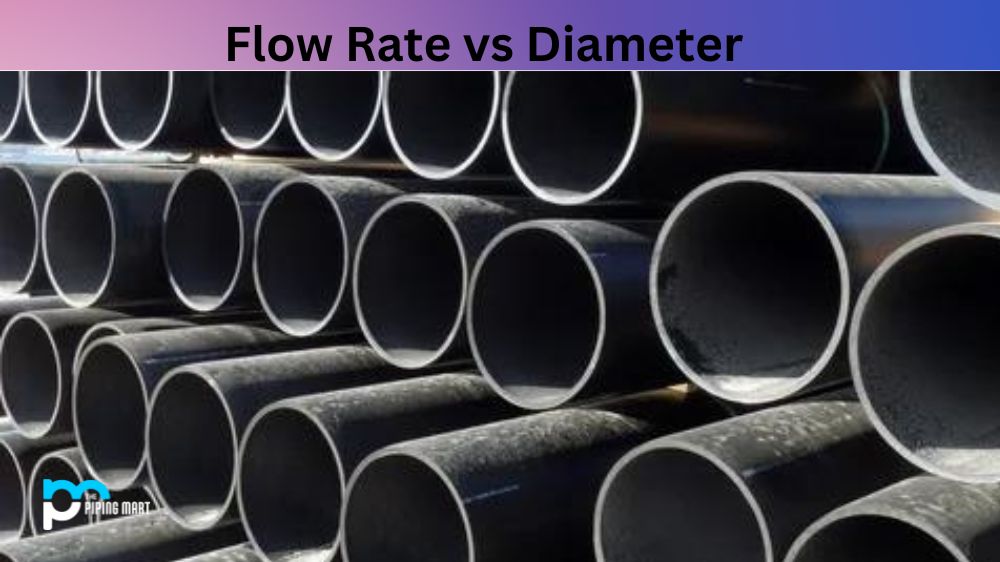Corrosion of metals is a common problem that can cause significant damage to infrastructure and equipment. Knowing which metals are resistant to corrosion can help you make informed decisions about the type of metal you use in your projects. This article will outline two of the most corrosion-resistant metals and their properties.
Stainless Steel
Stainless steel is a popular choice for many projects because it is highly resistant to corrosion. It contains at least 10.5% chromium, which gives it its corrosion-resistant qualities. Chromium forms a thin protective layer on the metal surface when it comes into contact with oxygen, preventing further oxidation and protecting the metal from rusting or corroding.
Stainless steel also has good strength and ductility, making it an ideal material for applications where strength, durability, and resistance to corrosion are all important factors. Additionally, stainless steel is easy to clean and maintain, making it an ideal material for kitchen appliances and other areas where hygiene is important.
Titanium
Titanium is another metal that is highly resistant to corrosion. It does not corrode easily due to its strong oxide film, which forms when titanium comes into contact with oxygen or water vapor in the air. This oxide layer seals off any exposed areas of titanium from further oxidation and prevents further corrosion from taking place. Titanium is also very strong yet lightweight, making it an ideal material for aerospace applications such as aircraft frames and engine components.
In addition, titanium’s high melting point makes it suitable for high-temperature applications such as nuclear reactors where temperatures can reach up to 1000°C (1832°F).
Conclusion
In conclusion, there are a number of metals that are highly resistant to corrosion, including stainless steel and titanium. Stainless steel offers good strength and ductility in addition to its excellent corrosion resistance, while titanium has a high melting point making it suitable for high-temperature applications such as nuclear reactors where temperatures can reach up to 1000°C (1832°F). By understanding which metals are more resistant than others, you can make informed decisions about the type of metal you use in your projects, ensuring that they remain safe from corrosion over time.

Meet Bhavesh, a seasoned blogger with a wealth of knowledge and experience. From metal products manufacturing to retail, Bhavesh has a diverse background in various industries and is dedicated to sharing his insights and expertise with readers.




